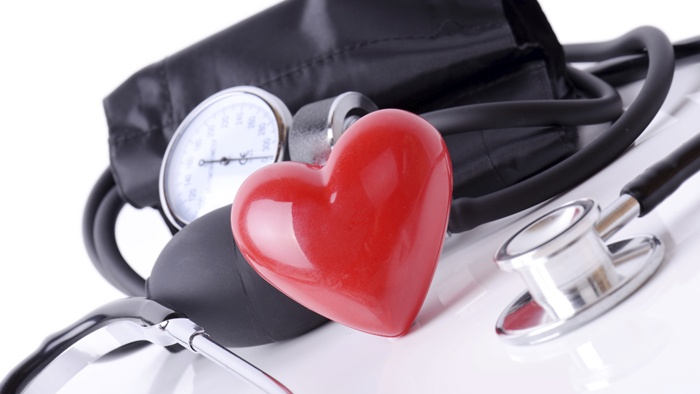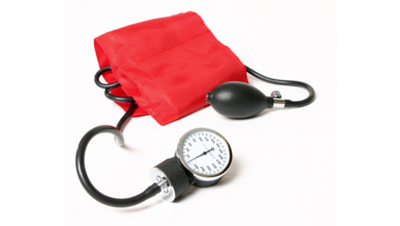
Last week, a reader asked if your blood pressure is higher in the morning. Let me help clarify what affects your blood pressure reading.
Your blood pressure responds to many different stimuli including temperature, time of day, stress hormones, your diet, and your level of physical exertion.
However, your blood pressure, like so many other bodily functions, is also controlled via a circadian rhythm. This is the natural way that your body functions throughout a 24-hour period. This is the reason why your blood pressure is more likely to be elevated in the morning compared to later in the day.
This characteristic “morning surge” in blood pressure is thought to occur through an elaborate system known as the renin-angiotensin system that operates within the kidney and adrenal glands. This complex system controls the concentration of sodium in the bloodstream and the tone of the blood vessels. In the morning, this system becomes more active, resulting in more sodium and water maintained within the bloodstream and contraction of the blood vessel muscular walls. This process increases blood pressure.
Although your blood pressure can vary throughout the day, in general, your blood pressure will exhibit the following pattern.
Blood pressure will normally peak at approximately 10 a.m. and noon. If you’re an early riser, you’ll notice a consistent increase in blood pressure of 15-20 mm/Hg. During the mid-afternoon hours and extending into the evening, there will be a steady plateau of your blood pressure. Before you retire, your blood pressure will have dropped by 10-20% and will reach the lowest level at around three a.m.
Usually, the changes in blood pressure are also experienced in your heart rate but of course, there are many factors that can also change this as well. Your age, gender, weight, and race can make a difference in this circadian pattern associated with your blood pressure. Older males are less likely to experience this nocturnal decrease in blood pressure and this can increase their risk of serious complications attributed to hypertension (high blood pressure).
So what controls this 24-hour clock? A part of your brain called the hypothalamus regulates complicated brain functions. This system is activated by the presence or absence of light. The hormone melatonin, secreted from the pineal gland in your brain, is one of the most important chemical messengers governing the way in which your circadian rhythm functions. This hormone is also sensitive to the effects of light with its secretion increasing during times of darkness.
The decrease in melatonin secretion can be seen as a consequence of aging and can at least partially explain the blunting of circadian patterns in cardiovascular physiology.
The important issue here regarding the circadian control of blood pressure is that research has shown that the hours between six a.m. and noon may be the most dangerous. This is the peak time period when it is more likely that you will suffer a heart attack, stroke, sudden coronary event, or experience hypertensive crisis.
If your blood pressure is going up too much during these times, it may be wise to consult with your professional health care provider.
Source:
Schachter, M., “Diurnal Rhythms, the Renin-Angiotensin System and Antihypertensive Therapy,” Medscape web site; http://www.medscape.com/viewarticle/490535_1, last accessed Feb. 11, 2014.














